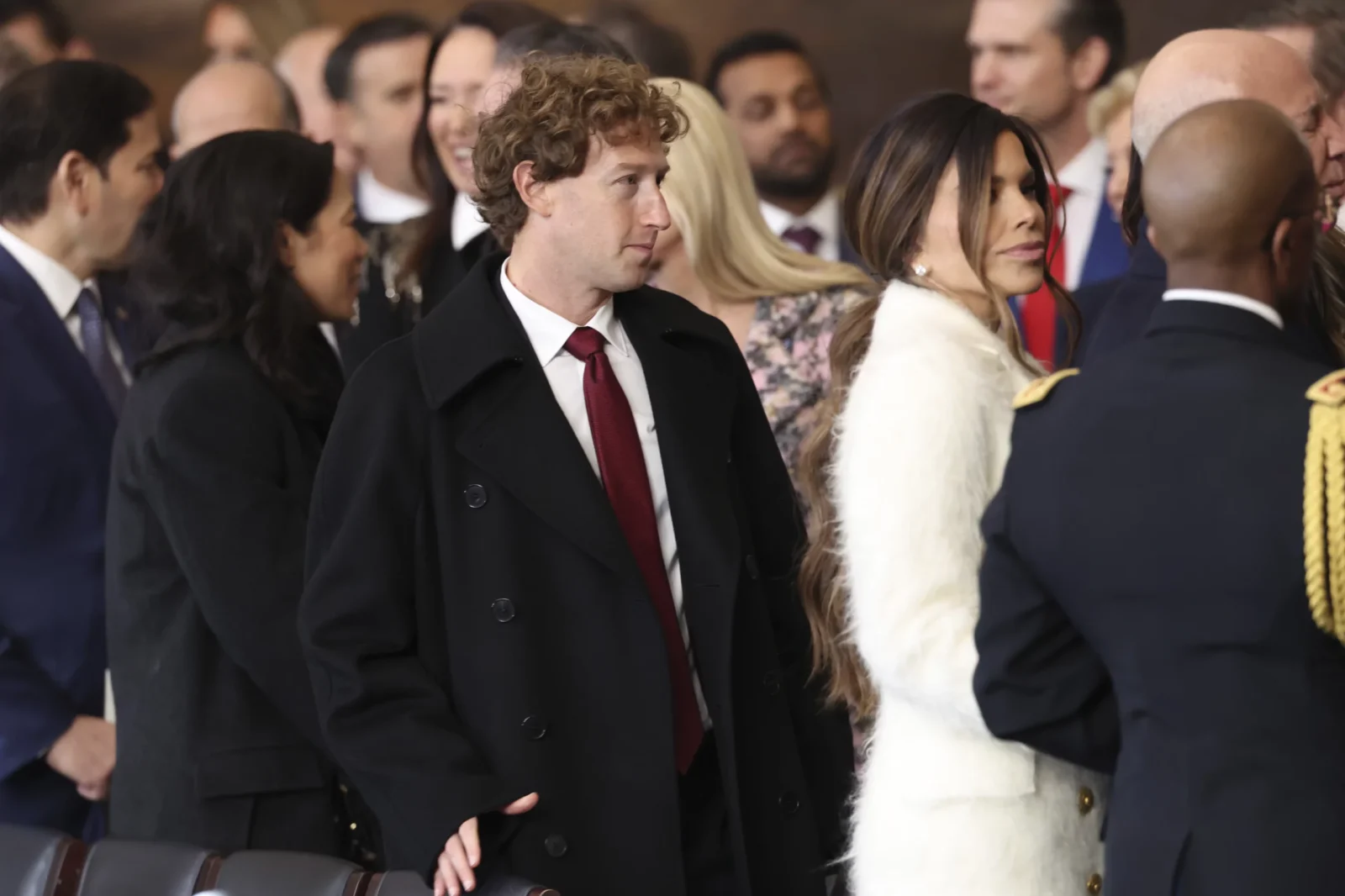We’re all about to find out if it’s the White House or what’s left of the administrative state that’s calling the shots on antitrust and Big Tech. Either way, the Federal Trade Commission’s case against Meta, which began in a courtroom on Monday, is a bad one.
Since President Donald Trump’s second presidential victory, much has been made of Meta’s pivot to a community notes approach to content moderation, the tech giant’s donation to the presidential inaugural fund, and the presence of Meta CEO Mark Zuckerberg himself on the dais at the swearing in festivities.
If all of that friendliness and Zuckerberg’s reported visits to lobby Trump for a legal settlement are successful, we can infer one of two things. Either Trump seeks to gain even more control over so-called independent agencies such as the FTC by issuing direct policy decisions, or he isn’t of the same mind as his FTC chairman about the agency moving full steam ahead against Meta.
FTC Chairman Andrew Ferguson doesn’t seem too concerned either way. He recently told a conference in Washington, D.C., “The president’s head of the executive branch, and I think it’s important for me to obey lawful orders,” when asked what he would do if Trump told him to drop or settle the case against Meta.
But Ferguson also told Bloomberg, “We’ve got some of the FTC’s best lawyers on it, and we’re getting ready to go. This trial has been five years in the making.”
Indeed. It was five years ago, which is like dog years in tech time, when the first Trump administration’s FTC initially filed suit against Meta for illegally maintaining a monopoly in “personal social networking services.” Now, the FTC is back in court with the same case, trying to force Meta to divest Instagram and WhatsApp. You’d have to go all the way back to 2012 and 2014, respectively, for those acquisitions.
While there isn’t a statute of limitations on the FTC revisiting mergers, perhaps there should be a “best if used by” date on this one. A lot has changed since 2012.
Since the Instagram acquisition, competitors have flourished. Then Twitter, now X, went from 17 million users in 2012 to 611 million today. The number of YouTube users jumped from 88 million users to 2.53 billion over the same time period. New, innovative market entrants, such as TikTok and Discord, among many others, have found success too.
The social media landscape is extremely competitive today. Facebook’s acquisition of a once-glitchy little photo app allowed for the technical improvement and mass distribution that added one more beloved and free-to-use competitor into the marketplace. The FTC is trying to fix what isn’t broken and worrying over an imaginary problem.
But the Trump administration might want to worry about how breaking up one of the U.S. leaders on AI investment and open source innovation squares with its public calls for American AI dominance, pushback on “the use of ‘lawfare’ in places like the EU to target America’s largest tech firms,” and a very AI-competitive China nipping at the heels of U.S. tech leadership.
FTC BEGINS HISTORIC ANTITRUST TRIAL AGAINST META
The last thing this economy needs is more downward pressure on stocks, but continuing to attack Big Tech over imaginary antitrust problems won’t do anyone’s 401(k) any favors. Couple that with the hamstringing of U.S. firms in a global AI race with China, and one wonders what either the White House or the FTC is thinking pursuing these cases.
If these antitrust actions are actually misplaced Republican gripes about speech discrimination, it’s helpful to remember it’s not 2012 anymore. In 2025, there are two prominent social media platforms acutely friendly to conservative viewpoints. X is owned by Elon Musk, and Truth Social is owned by the president of the United States. These days, both of those guys are kind of a big deal.
Jessica Melugin is director of the Center for Technology and Innovation at the Competitive Enterprise Institute and a 2025 Innovators Network Foundation antitrust and competition policy fellow.
















Leave a Reply